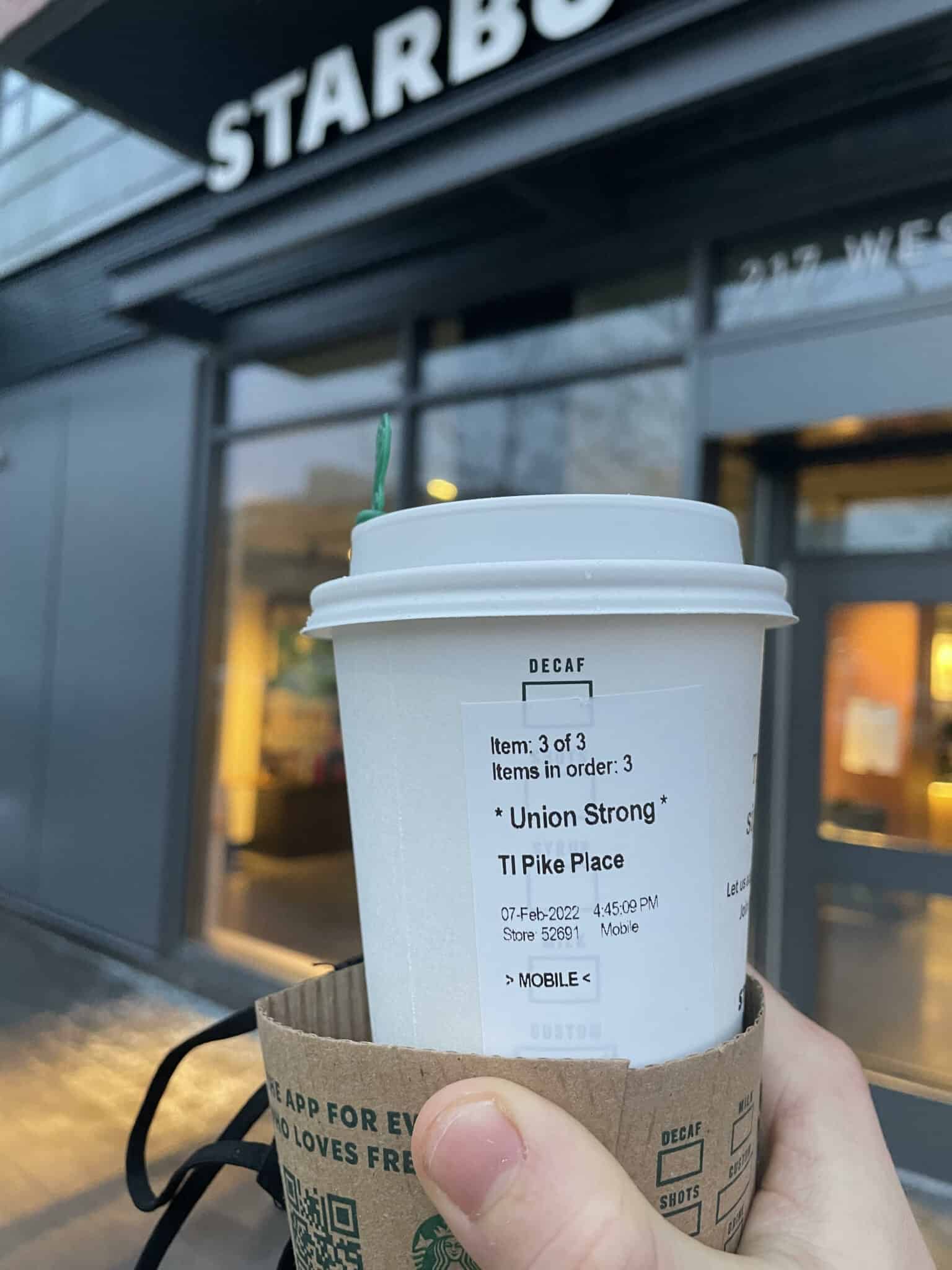
Jason Vazquez is a staff attorney at the International Brotherhood of Teamsters. He graduated from Harvard Law School in 2023. His writing on this blog reflects his personal views and should not be attributed to the Teamsters.
A bipartisan bill unveiled in the Senate on Monday, the “Slave-Free Business Certification Act,” aims to curtail forced labor overseas by requiring that transnational corporations uncover and disclose its existence in their supply chains. The legislation, sponsored by Sens. Josh Hawley (R-MO) and Kristen Gillibrand (D-NY), would impose muscular civil damage awards on companies that fail to do so. While the bill does not specifically refer to China, its introduction coincides with the surfacing of allegations that the country relied on forced labor during the Winter Olympics.
Despite its bipartisan nature, the legislation is unlikely to attract the necessary support to overcome a Senate filibuster. After all, Sen. Hawley — an architect of the vision to rebrand the GOP as a populist protector of the proletariat — introduced a similar measure in 2020, which the powers that be swiftly disappeared into that congressional abyss responsible for swallowing generations of progressive legislative proposals. And even if enacted, there are reasons to suspect the disclosure regime the bill contemplates would not meaningfully curb slave labor overseas.
In Starbucks news, the company continues to employ unlawful tactics in its accelerating efforts to suppress the organizing activity ripping across its cafes nationwide. On Tuesday the company allegedly discharged several members of a recently organized Memphis store’s bargaining committee, claiming they had violated safety and security protocols that one of the employees, a shift supervisor, insists she had never seen enforced — and did not even know existed.
It is striking that the company continues to disregard its employees’ basic Sec. 7 rights even in the face of sustained mainstream media attention. The high-profile nature of these violations demonstrates the incapacity of the existing labor law regime to enable collective bargaining and underscores the urgent need for statutory reform.






Daily News & Commentary
Start your day with our roundup of the latest labor developments. See all
February 6
The California Supreme Court rules on an arbitration agreement, Trump administration announces new rule on civil service protections, and states modify affirmative action requirements
February 5
Minnesota schools and teachers sue to limit ICE presence near schools; labor leaders call on Newsom to protect workers from AI; UAW and Volkswagen reach a tentative agreement.
February 4
Lawsuit challenges Trump Gold Card; insurance coverage of fertility services; moratorium on layoffs for federal workers extended
February 3
In today’s news and commentary, Bloomberg reports on a drop in unionization, Starbucks challenges an NLRB ruling, and a federal judge blocks DHS termination of protections for Haitian migrants. Volatile economic conditions and a shifting political climate drove new union membership sharply lower in 2025, according to a Bloomberg Law report analyzing trends in labor […]
February 2
Amazon announces layoffs; Trump picks BLS commissioner; DOL authorizes supplemental H-2B visas.
February 1
The moratorium blocking the Trump Administration from implementing Reductions in Force (RIFs) against federal workers expires, and workers throughout the country protest to defund ICE.